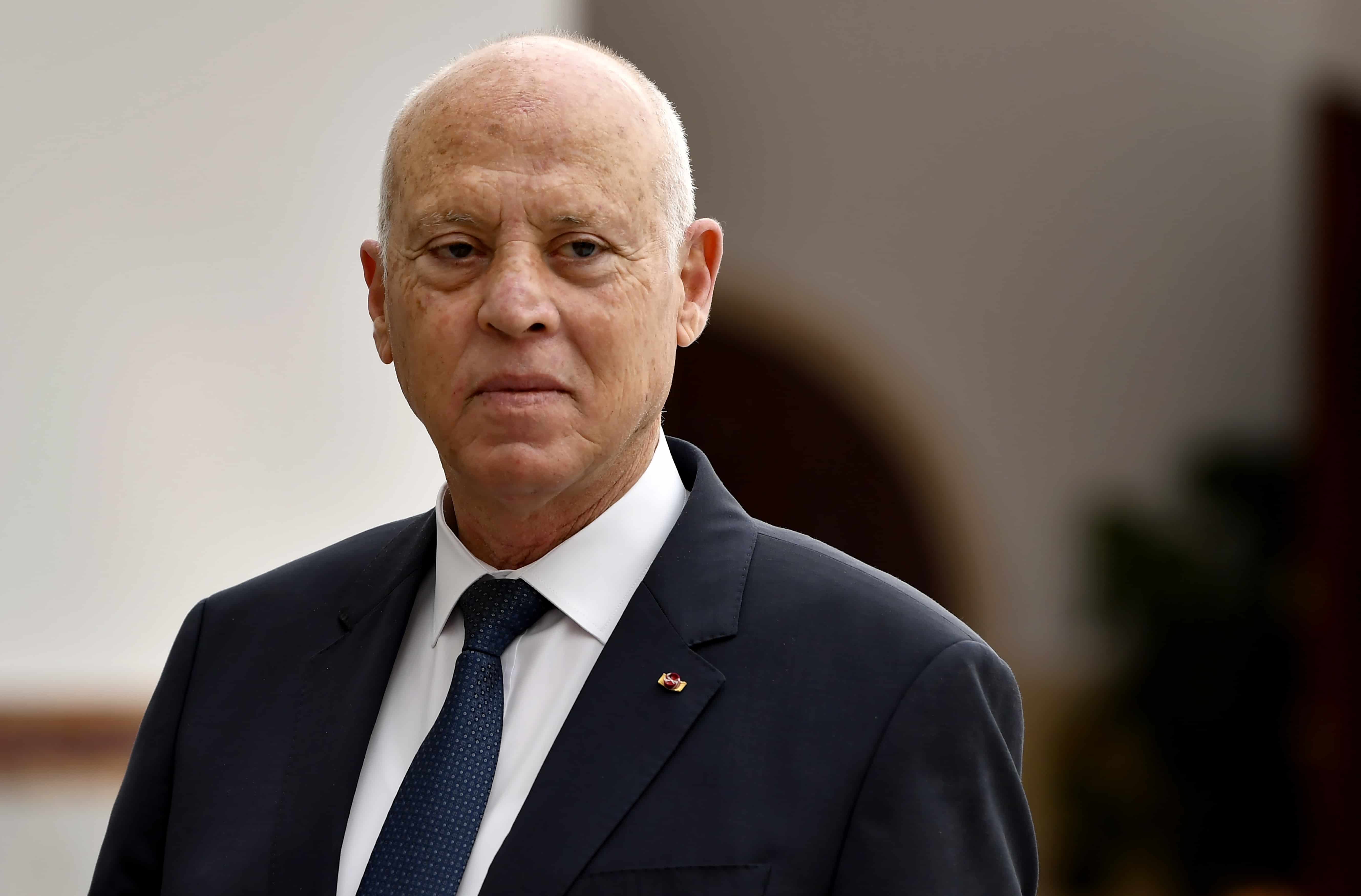Tunisia will hold a constitutional referendum for a “new republic” on July 25, President Kais Saied has announced, in defiance of critics who warn he wants to establish an autocracy.
The vote will come exactly a year after Saied sacked the government and suspended parliament, moves his rivals called a coup, but which he argues were necessary to resolve a crippling political deadlock.
Saied has since held a widely boycotted public consultation on a new constitution.
He has also appointed a body to suggest how responses from the consultation may be fed into the replacement for the constitution adopted after Tunisia’s 2011 revolution, the birthplace of the Arab Spring.
The draft is to be ready by June 30.
Late Wednesday, Tunisia’s official journal set the date for a vote on the question: “Do you support the new draft constitution for the Tunisian republic?”
Saied had in December laid out a roadmap for the July plebiscite and parliamentary elections later in the year, after he dissolved the previous legislature dominated by his arch-enemy, Ennahdha.
The former law professor has long called for a presidential system to replace the hybrid structure outlined in a 2014 constitution, which allowed for repeated conflicts between the executive and legislative branches.
He has also called for a “national dialogue” but excluded political parties from the process.
The powerful UGTT trade union confederation has said it will not take part, as the dialogue excludes key political actors and aims to “impose faits accomplis by force”.
Many Tunisians, tired of a deepening economic crisis, have welcomed Saied’s moves against an unpopular political system they say delivered little.
But rights groups, political parties and foreign governments have warned of a slide back to dictatorship, a decade after the revolt that overthrew strongman Zine El Abidine Ben Ali.








